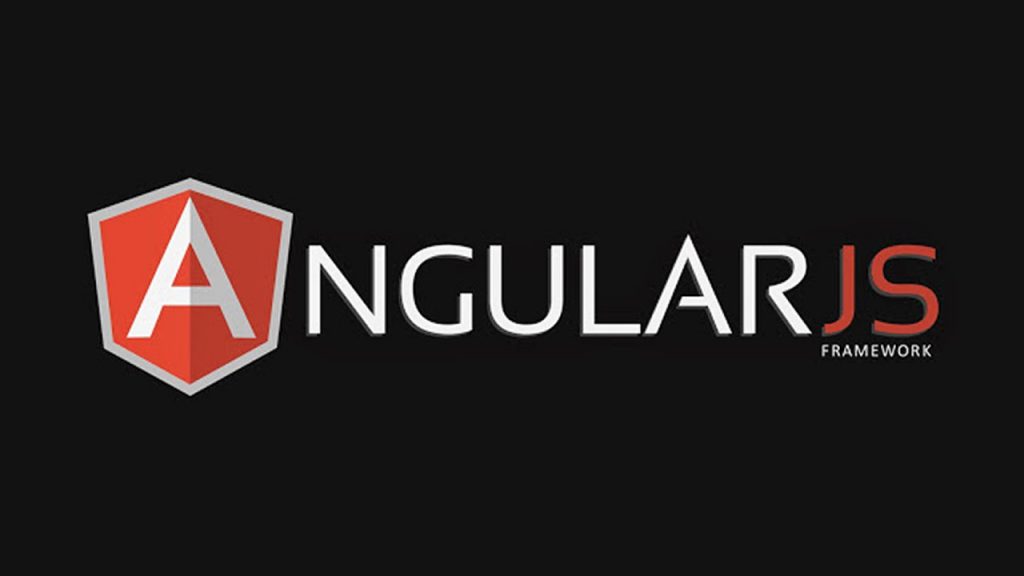
The Website Development landscape is rapidly changing and Javascript frameworks are rolling out their releases year by year. The Front End development scenario has transformed into beautiful UIs and highly functional interfaces and experiences. Starting from jQuery that was released in 2006 to make interactive web applications, the Javascript frameworks have come a long way and are quickly evolving. There are too many options to choose from and leave most of us confused on which framework is the best for our use case. It’s a very popular discussion, one which framework is better, the most popular ones being vue vs react, angular vs vue, but all it does is render us confused on which one to go for.
Let’s see two of the most popular Javascript Frameworks, Vue.js and Angular.js in a very comprehensive way, and try to understand what each one of them has to offer us for a beautiful front end.
How it all started?
Angular was built by Google and was initially released in 2010. It is mainly a Javascript framework based on TypeScript and it is considered one of the most popular programming languages of all time. A lot of changes were introduced after its initial release, and its latest stable version is Angular 9, which was released in February 2020.
On the other hand, Vue was built by an ex-Google Employee, in 2014 and it has grown a lot since then. It does not have a backing of such a huge organization but it has a vibrant community that is active in helping out. Its current stable version, 2.6 was released in February 2016, with regular patches and increments to date. Vue 3 is in Alpha Test and is all set to shift to TypeScript.
Comparison based on:
Integration with Backend Technology
Web applications are dependent on two main aspects – front-end and back-end frameworks. While there is always a choice for both of them, the pairing of them remains a critical decision of which does the best together.
Angular excels at providing built-in functionalities- you can select any back-end framework with stable speed and scalability.
Furthermore, Angular is best paired with Node.js, since it offers a backend that streamlines Javascript for frontend and backend both. In the case of data analysis or statistics-based requirement, a backend powered by complex tools eases the development, like any Python framework.
Since the Vue framework specializes in creating elegant user interfaces, you may need a backend framework with comprehensible coding architecture and ecosystem. Laravel seems to be the best with Vue when it comes to building an elegant system because it complements perfectly with its powerful Model View Controller architecture that is object-oriented in nature.
Both have a very strong community on both Github and Stackoverflow and have detailed documentation.
Complexity Level
The Angular framework is more complex than Vue. js framework, in terms of design and API. Building a complex app in Angular takes more time as compared to Vue. It may be because Angular’s documentation is more complicated than Vue. Developers need to spend more time going through the documentation to understand the core concepts of Angular.
Vue is easier to learn and manage. Anyone who knows HTML, CSS, and Javascript can build a single-page application in less than a day with Vue.
Performance
The App Performance is the most crucial point of determining the return on investment. For any audience, engagement is dependent on the app performance as compared to the number of features provided by your website.
In Angular, with the use of the advanced change detection mechanism and ahead-of-time compilation, you can reduce the page load time.
With the help of the virtual DOM mechanism, the Vue framework too has sorted a default performance-optimized configuration. With this, the run-time and load-time are drastically reduced.
TypeScript
A reason why the learning curve of Angular is steeper because it uses TypeScript. TypeScript is easy to learn for those who are proficient in Javascript but can be difficult for beginners. Angular’s documentation is based on TypeScript. TypeScript provides static-type checking for an application that means it gives developers type-safety throughout the application which lowers the chances of errors.
Even though Vue has TypeScript support, it is not used as much. The Vue. js vs angular debate might cool down once vue will have complete typescript support.
Final Thoughts
In some areas, both frameworks perform equally well, and in others, one outperforms the other. However, it is up to you and your product to determine which framework will work best for you. Contact an Angular.js Development Company or a Vue.js Development Service, and they will put an end to the Vue vs. Angular debate for your product. You can take advantage of both these beautiful front-end frameworks and decide what is the best for you. Get in touch with our experts soon for your next web app!
Related Articles
-
Why Prefer AngularJS for Mobile and Web Application Development?
If you are looking for mobile application development, then considering Angular development company would be a great option for you. Not only mobile app, but AngularJS will also be the
-
Minimize Code Duplication and Performance Problems in projects with Angular Techniques
Angular is an open-source, type-script-based, dynamic, full-featured framework led by google.But one of the most common problems the IT industry faces during software project development is unnecessary code duplication. It happens at
-
Top Eight Reasons of Using Angularjs in Your Next Project
Have you been looking for better designing ways for your frontend development? Are you confused amidst so many frameworks and plug-ins available in the market to facilitate the front end



